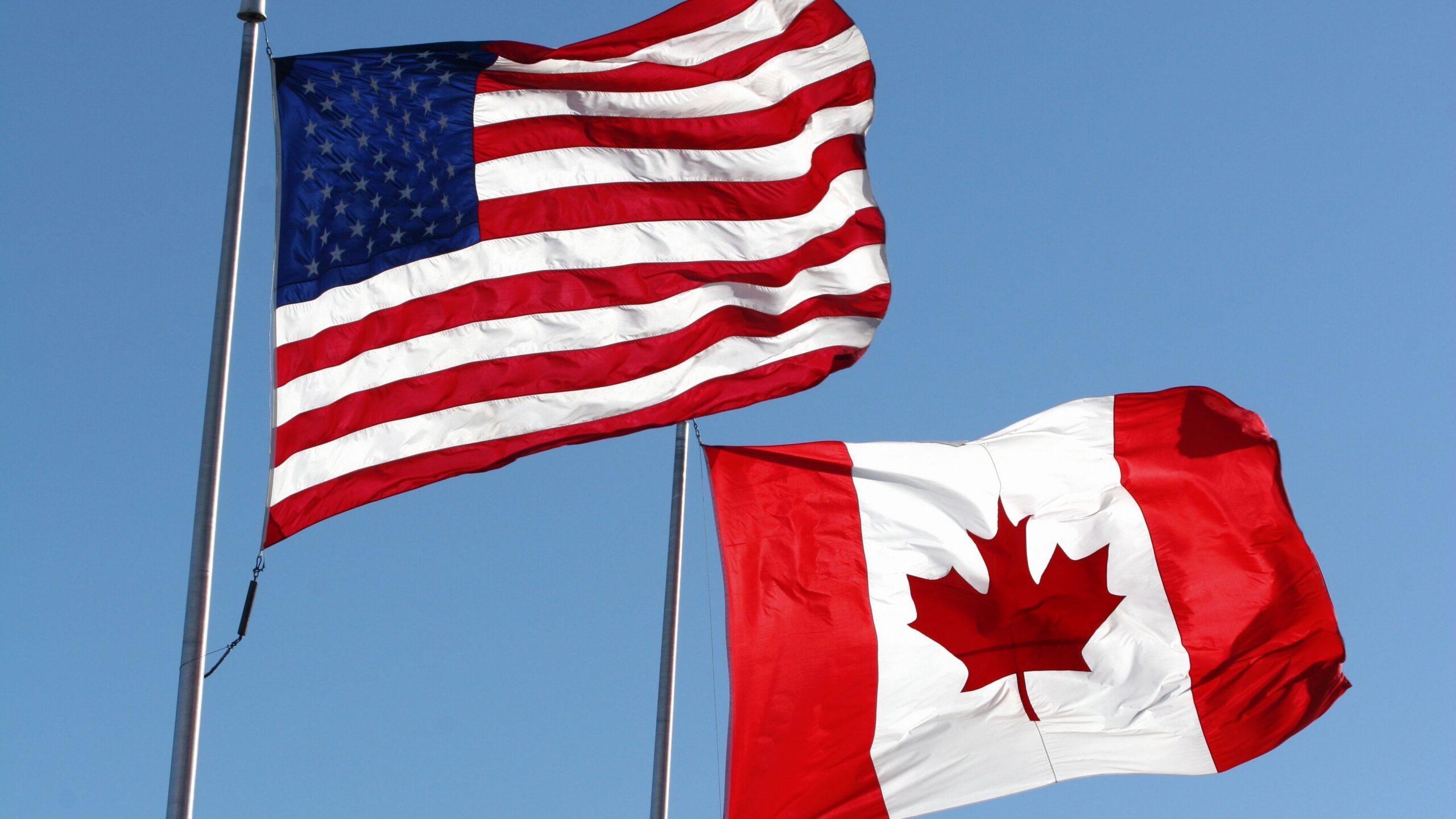Thoughts on Taylor Swift, Spotify, and Streaming
In discussions of Taylor Swift pulling her music from Spotify because the service wouldn’t make the music available solely to paying subscribers, which pays higher royalty rates, and Aloe Blacc’s Wired op-ed calling for higher royalties for songwriters from streaming services (but see: Spirit Animal frontman Steve Cooper’s thoughtful piece in Business Insider on “why Spotify is not the enemy”), there are a few important economic realities being ignored.
Spotify currently pays about 70% of its revenue to rightsholders. That typically goes to middlemen — publishers for the musical work copyright, who then pay a portion to the songwriters, and record labels for the sound recording copyright, who then pay a portion to the musicians.
VC David Pakman (who testified in November 2012 before the House Judiciary IP Subcommittee about why the current music licensing scheme deters VC investment in new music services) recently analyzed data from middlemen in a few industries and found that many legacy middlemen are not earning the large share they take from creators in the digital age. Record labels, for example, contributed a lot more value when they coordinated and financed studio time (which can now be done with a basic computer and Internet connection, and possibly a Kickstarter campaign), manufacturing records and CDs and got them to retailers (which is no longer the primary way of selling music), and marketing (which can be done online with free services). Now, in the digital age, many of these services are no longer needed or performed.
In remarks last week at the Web Summit Conference in Dublin, Bono explained that rather than fighting against streaming, artists should be fighting for transparency:
Spotify is giving up 70% of all their revenues to rights owners. But it’s just that people don’t know where the money is going because the record labels haven’t been transparent.
The rightsholder middlemen pay a far smaller share to creators than the substantial majority that the services pay, which depends on whether labels have direct deals with services, a digital aggregator/distributor, or whether artists own their rights, and on artists’ contracts with their label, as explained in Future of Music Coalition’s helpful infographics on how the money flows.
And yet artists appear to often blame the Internet services rather than the publishers and labels. One potential reason for this is that the artists aren’t actually making the decisions; the publishers and labels are, because they own the rights and have the bargaining power. But often it’s those contracts that are the reason they’re not getting paid enough, not the services.
Pakman’s data has Spotify currently paying about 70%. But how much should they pay? What is the right amount? 100%? More than 100%?
Lost in many of these discussions is the reality that music sales and streams are not the only way to make money anymore. Streaming services help artists find fans, which enables them to generate sales of goods, like concert ticket sales and other scarce resources.
Another important point is that consumers are going to spend different amounts on music. Many of them are happy to spend nothing on recorded music, and it’s better for that to happen through ad-supported streaming sites like Spotify than through piracy. (For some more thoughts on the economic theory behind this, including demand elasticity and whether an infringement is a lost sale, see this post.)
Rightsholders may have delayed the existence of services like Spotify, and may still want them to not exist (which would occur if they were required to pay out more than they take in). But consumers want services like Spotify. And they use them. About 40% of Spotify’s more than 40 million users were listening to Taylor Swift before she pulled her music, which some estimates said comes out to $84,000 a week.
Services like Spotify aren’t just competing against digital sales on services like iTunes. (Although in Europe, where Spotify launched first, Spotify is now generating more royalties for artists than iTunes, which comports with recent research finding that global streaming revenue will soon surpass physical sales.) As DisCo has said in many posts (see, e.g., 1, 2, 3): Giving consumers lawful affordable options for listening to what they want when they want it in a convenient format reduces piracy.








